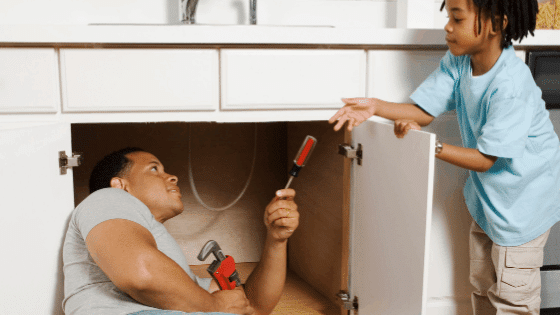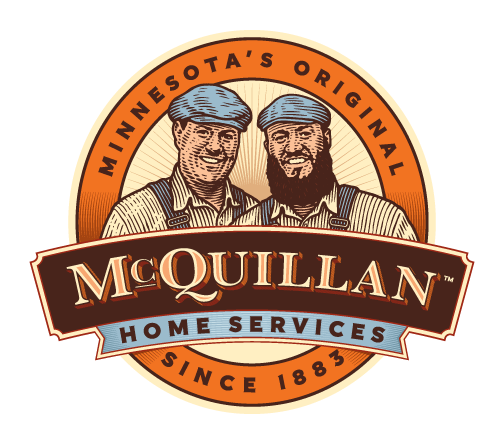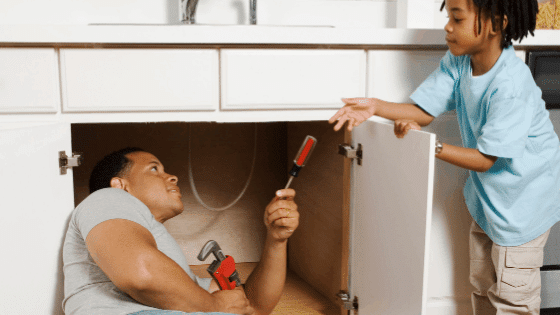4 Biggest Plumbing Myths
Whether a building is commercial or residential, the health of your plumbing is crucial to the overall health of the building and its occupants. However, for those who aren’t professional plumbers, most plumbing issues might as well be rocket science.
Contact an Expert
The last thing you want as a business or homeowner is leaking or damaged pipes. The subsequent water damage and mold can result in thousands of dollars’ worth of damage, trigger allergic reactions, and cause long term respiratory health problems. The best way to avoid this nightmare is to contact an emergency plumber in Stillwater before the problem gets worse.Ultimately, you can’t pinpoint plumbing issues accurately if you aren’t aware of the right information. With most of the plumbing hidden away from sight, myths and misconceptions about how it really works are bound to arise. These false beliefs about plumbing could create catastrophic issues and cost you thousands of dollars in damage. Below, we explore some of the biggest plumbing myths to date.


Plumbing Myth: A Leaking Faucet is No Big Deal.
There’s no way it can be, right? Wrong. Though it may seem like a few drops of water dripping throughout the day is harmless, it does much more damage than you may think. Not only can it hike up your water bill, but it also leads to more than 10,000 gallons of wasted water each year, according to the Environmental Protection Agency. The excess moisture isn’t good for your home, either. It can lead to the growth of mold and mildew, which can cause allergic reactions and affect respiratory health in general.Additionally, the extra moisture damages and corrodes the faucet’s features, ultimately reducing its lifespan. A leaking faucet may be indicative of a larger underlying issue, such as defective gaskets, corrosion, or mineral deposits in the internal parts, which may require professional help. Don’t ignore a leaking faucet. Call your trusted Stillwater plumbing company to have it fixed as soon as possible.Plumbing Myth: Low Water Pressure is Something You Put Up With Occasionally
There’s nothing like turning on the shower and having the water jump at you. Sometimes the water pressure is too low, though, and many of us don’t really question it. In some instances, this can originate at the municipal water supply. Tureks Plumbing, a Fox Valley plumbing company, says that this can also be caused by turning on too many plumbing fixtures at the same time, faulty fixtures, a broken pressure regulator, or closed valves.However, it is usually a sign that something isn’t right deep within the plumbing. Low water pressure can be a sign of clogged, corroded, or leaking pipes, and ignoring the issue could result in substantial structural damage due to water damage. Instead of putting up with low water pressure, contact McQuillan Bros ASAP. You may be saving yourself a lot of hassle and money down the line.Plumbing Myth: There’s Nothing Bad About Hard Water
While hard water can be good for your health by providing essential minerals like calcium and magnesium, the same can’t be said for your plumbing’s health. Hard water, ‘hard’ because it is mineral-rich, can be quite rough on the plumbing. The calcium in the water leaves deposits throughout the plumbing system. If you notice a white or yellow build up on fixtures like sinks, faucets, and showerheads, you may have hard water.The deposits build up quickly soon after being washed off, and they make fixtures look dirty and unattractive. Since most of the plumbing is hidden away and inaccessible, the calcium deposits will accumulate in the interior of the pipes over time. This ends up lining the pipes and making them narrower. While the calcium deposits are unlikely to completely block off the pipes, they will reduce water pressure and increase the chances of a clog developing. Additionally, the mineral deposits can corrode the water heater tank and ultimately cause the water heater to fail.You can confirm whether you have hard water by inspecting your showerhead for white or yellow flaky buildup. If you have trouble creating a lather while showering or washing, you may have hard water. Residential plumbing professionals recommend that you invest in a water softening unit. This will keep your appliances from being damaged and extend their lifetime.



